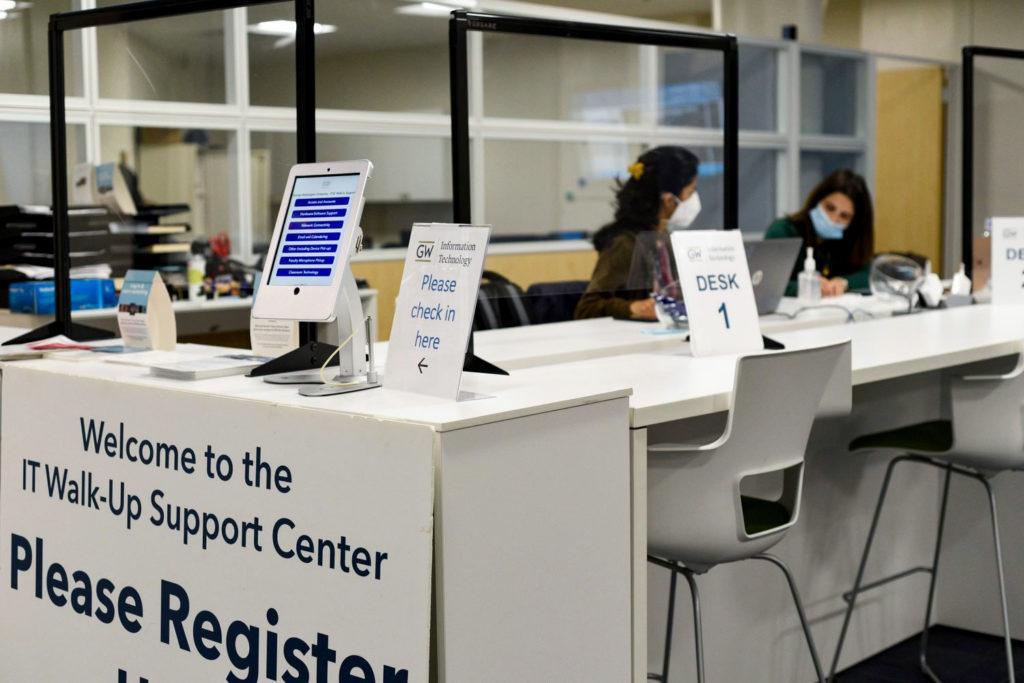Officials will automatically enroll all domestic graduate students in the Student Health Insurance Plan this fall, according to the Student Health Center website.
Graduate students in all on-campus programs will have a health insurance requirement this academic year with the option to waive the University health insurance if they have “acceptable” coverage. Prior to the 2023-24 academic year, only international graduate students and graduate students in on-campus School of Medicine and Health Sciences and School of Nursing programs had a mandatory health insurance requirement, according to the SHIP website.
SHIP provides benefits, including 100 percent contraceptive and prescription coverage after a $100 deductible and a waived annual deductible for GW Counseling and Psychological Services through Aetna Student Health.
University spokesperson Julia Metjian said GW’s health insurance requirement for all domestic graduate students applies the “best” practice for students and puts the University on par with its market basket schools like Syracuse and Boston Universities, which require health insurance for full-time graduate students.
Officials said the University has automatically enrolled all undergraduate students in SHIP since fall of 2018 with the option to waive the requirement if they already have coverage to increase accessibility of the Student Health Center’s services. Students enrolled in the Student Health Insurance Plan said in February that the coverage — which rose from $2,180 in the 2020-21 academic year to $2,700 in the 2022-23 academic year — helps decrease the burden of out-of-pocket medication costs, but the rising cost may worsen financial strains for those who are struggling to afford GW’s ballooning tuition.
“Access to quality healthcare is critical to student success,” Metjian said in an email.
She said SHIP’s annual cost rose by 5.2 percent between the previous and upcoming academic years, growing from $2,700 for the 2022-23 academic year to $2,841 for the 2023-24 academic year, but domestic graduate students are seeing a 30 percent decrease in their health insurance cost. She said the cost is set to cover the “projected” cost of payment requests to Aetna — which have increased at GW in the “last few years” but are stabilizing — as well as taxes and fees for the payment requests.
“Despite a high inflationary environment, a favorable renewal was negotiated, below the current healthcare inflationary levels,” Metjian said.











